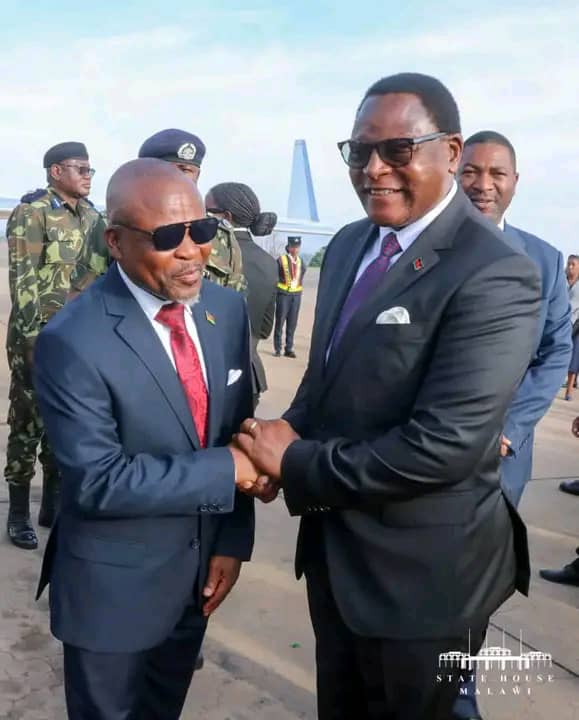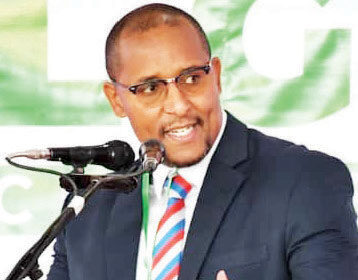By Burnett Munthali
Malawi, like many nations, has faced its share of leadership challenges. However, the current crisis in leadership has stirred widespread frustration and disillusionment among citizens. From empty promises to disillusionment in the corridors of power, many Malawians have been left wondering where the country’s leadership is headed.
Once upon a time, there was a Reverend who, like many politicians in the country, seemed to promise change, transformation, and progress. In the years leading up to and after elections, the promises were endless. The promise of a better life, an end to corruption, and a new era of leadership, resonated with many who yearned for a prosperous Malawi. However, the reality has often been far different from the campaign rhetoric.
A common sentiment shared by many is the regret of electing leaders who claimed to stand for faith and integrity. “Next time, kulibe kuvotera munthu wa Baibulo mmanja. Mwatinamiza aneneri onyenga inu”—translated as, “Next time, there will be no voting for a person with a Bible in hand. You have deceived us with false prophets,” is a phrase echoed by many frustrated citizens. The sense of betrayal is palpable, especially as the nation finds itself struggling with economic challenges, corruption scandals, and a lack of accountability in leadership.
A major source of disappointment among the people has been the realization that having a change in leadership doesn’t necessarily translate into a better standard of living. “But money doesn’t fly to people’s pockets” is a harsh reality that many are now confronting. Campaign promises of economic improvement, job creation, and poverty alleviation have not been realized. Instead, people see that money seems to remain in the pockets of a select few, with the masses left to grapple with rising costs of living and an uncertain future.
Many citizens feel deceived by leaders who once promised to improve their lives. “Achulukira ndi okubaso”—roughly meaning, “Those who already have wealth continue to accumulate, while the poor suffer,” is a sentiment shared across social platforms and in street discussions. This perception is exacerbated by the visible divide between the elite, who appear to thrive, and the common man, who struggles with everyday challenges.
One of the most striking reactions to the current leadership crisis is the widespread belief that those in power lie to the public in their pursuit of leadership. “Very bad perception that those who want power lie to people. Once they get it, then people get surprised that having money is an individual effort, not someone else’s”—this statement reflects the growing cynicism in Malawi’s electorate. Many voters now believe that those who seek power are primarily interested in serving their own interests, not the people they once claimed to represent. Once in power, these leaders seem to forget their promises and fail to deliver the change they promised.
The people’s disillusionment runs deep as they watch the unfolding events. As politicians scramble for power, the basic needs of the average citizen remain unmet. Instead of seeing improvements in healthcare, education, and infrastructure, the people witness a government more interested in its own survival than in fulfilling the basic needs of the nation.
Stevie Chibaya captured the sentiment of many when he remarked, “And the worst thing is, even people we rely on, who we believe are knowledgeable, think these power-hungry people will help them have an affordable life.” This statement reflects the tragic irony that many citizens place their hope in the very politicians who ultimately fail to deliver. Despite their knowledge and awareness of how power is often abused, people still find themselves placing their trust in individuals who are ultimately only interested in consolidating their hold on power.
The leadership crisis in Malawi has ignited a widespread call for change and accountability. People are no longer willing to accept the status quo, and they are demanding a leadership that will put the interests of the people first. The rising anger is palpable, and there are growing calls for a leadership that is more transparent, accountable, and genuinely committed to improving the lives of its citizens.
In conclusion, the leadership crisis in Malawi has caused a deep rift between the people and their leaders. The empty promises, the widening wealth gap, and the disillusionment with the political process have left many wondering what the future holds. If the country is to move forward, there is an urgent need for a leadership that will not only promise change but will also deliver on those promises, with the welfare of the people at the forefront of its agenda. Only then can Malawi hope to overcome its leadership crisis and achieve the prosperity it so desperately needs.




